The new artistic head of South American's leading film festival, Mar del Plata (March 6-15), unveiled his competition line-up in Berlin with a promise to redefine its identity as a festival created "by film-makers for film-makers".
The line-up features a number of films that deal with globalisation, xenophobia and a search for identity. The festival will also showcase the explosion of talent in Argentina itself and neighbouring Brazil.
Artistic co-ordinator Miguel Pereira, (pictured) a film director himself who was a Berlinale Silver Bear winner in 1987 with La Deuda Interna, said "This has been a critical year for not just Argentinian society but film as well. All the film institutions in Argentina were until recently in the hands of people who were not film-makers, who were appointed for political reasons; the festival was run by film critics. They have now been replaced. This festival will be a festival made by film-makers for film-makers."
Already lined up for competition at the FIAPF accredited event are Yong-Gyun Kim's Wanne & Junah (South Korea); Domingos De Oliveira's Separacoes (Brazil); Damian Szifron's El Fondo Del Mar (Argentina); Phil Hay And Matt Manfredi's Bug (US); David Ofek and Joseph Madmoni's The Barbecue People (Israel); Antonio Chavarria's Volveras (Spain); Alejandro Agresti's Valentin (Argentina/Netherlands); Jeff Erbach's The Nature Of Nicholas (Canada); Ebrahim Hatamikia's Low Heights (Iran); Nils Malmros' Facing The Truth (Denmark); and Daniel Macivor's Past Perfect (Canada).
Pereira has placed an emphasis on Brazilian films in the programme and hopes to encourage greater co-operation between the two countries through a series of co-production seminars. "In football we are rivals but in film we can be friends," he said. He will also be emphasising the links with Spanish cinema and promoting Argentina as a location for foreign film-makers. Christopher Hampton's Imaging Argentina and Robert Duval's Assassination Tango, which screens out of competition, both shot in the country last year.
Commenting on the recent success of Argentinian film, Pereira said that the economic and social crisis has fuelled the creativity of local film-makers but that the roots of their success was more fundamental. He said the explosion in film schools in the past five years has created a "boiling pot of studying and creativity", with some 12,000 film students at the colleges this year alone.
This comes at the same time as the development of the new technologies which "have made it possible for them to tell their stories on their visual terms without having to deal with the industrial film-making process which often gets in the way".
Lastly, he cites the policies of the government in the past year which has ensured that funds generated by a levy of feature films distribution are delivered back to the industry.
Spanish actress Assumpta Serna heads the jury and is joined by Argentine director Carlos Sorin, Brazilian filmmaker Suzana Amaral, French writer/director Pascal Bonitzer, US director Ulu Grosbard and the Indian-Canadian writer/filmmaker/producer Deepa Mehta.
Fernando Mereilles' smash hit City Of God will open the festival out of competition, and Spanish director Carlos Saura's Salome will close the festival, again out of competition. Robert Duvall's Assassination Tango, which shot in Buenos Aires, will have a special out of competition screening, as will Ventura Pons' El Gran Gato (Spain).
Other sections in the festival are: Punto de vista (Point of View), which will consist of some18 films from around the world; America Latina XXI (Latin America XXI), a selection of the best work from Latin American countries; La Mujer Y El Cine (Women and Film), a selection of international films from female directors; Cerca De Lo oscuro (Near Darkness), a special selection of "dark themed" international films; Pantalla al aire libre, which are a series of open air screenings on Mar del Plata's seafront.
Three new sections have been added to this, Ventana Documental (Documentary Section), consisting of eight films dealing with social and political issues in a globalised world; Raices (Roots): comprising films from each autonomous region of Spain; and a section dedicated to graduation films from the world's leading film schools around the world.
The festival will also include the previously announced retrospectives: Nicolas Roeg, Nelson Pereira Dos Santos and Walter Salles' documentary work.

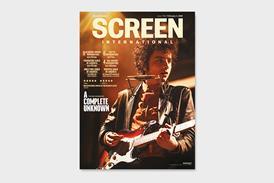


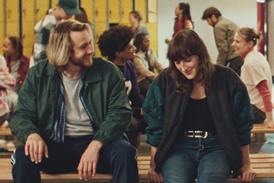
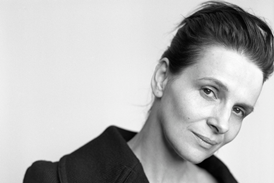
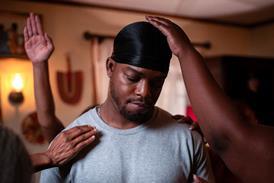
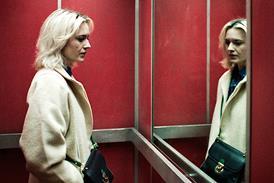






!["Within two weeks [of moving to Northern Ireland] I met Kneecap, the biggest caners in Belfast," says Peppiatt](https://d1nslcd7m2225b.cloudfront.net/Pictures/274x183/5/3/9/1442539_kneecap1creditpeadarogoill_298103.jpg)


No comments yet